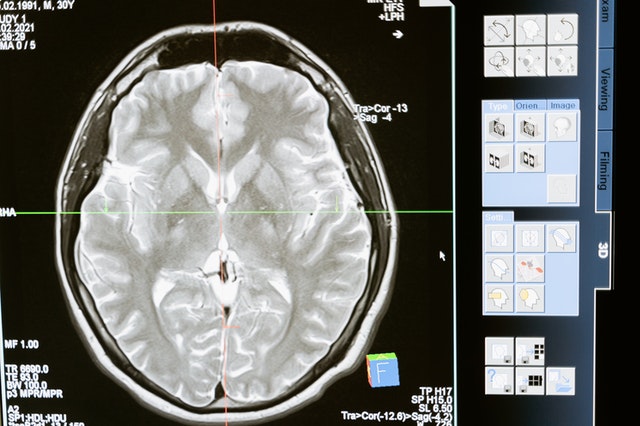Stress is a constant companion. Nearly every day, the body and mind find something to tense up or worry about. Understanding how and why stress affects you is an insightful exercise, but the only way to get to the bottom of your anxiety and worry is to track it like you would steps.
Obviously, tracking stress is not as straightforward as tracking steps. While wearable devices can alert you to stress waves in your body or increased heart rates, those tools do little to help you understand the moment.
The most beneficial tool you can use to track your stress is a journal. However, do not treat it like a regular journal. You want to come at the writing process more stoically, analytically. For example, write down the date and time of your stressful experience, even as it is happening. Take note of how you are feeling; try to be specific. Additionally, write down everything that is happening and did happen before the start of the stress attack.
By restricting emotional responses, you can begin to look at your problem logically. Most likely, as you continue stress journaling, you will notice one or several recurring characteristics of the events, providing a potential diagnosis or cause of the stress events. Having such realizations provides a roadmap to managing stress and can offer several distinct advantages.
Improved Self-Awareness
Stress and anxiety often separate the individual from experiences. For example, if hit with a significant amount of pressure or an anxiety attack at work, the individual often feels unable to focus or continue with work. The same can happen if stressed outside of work at a family event. Your mind locks in on the stress and does not allow you to enjoy or interact with family or the occasion.
By committing to a stress diary or journal, you can free up space in your mind, allowing yourself to take charge of your feelings and life. After some experience with your journal, you will likely find you are more in-tune with your emotions and aware of your surroundings.
Release of Trauma
A stress journal is a safe place to acknowledge hard truths. Many experts recommend using such journals to write about traumatic events, fully exploring all emotions.
The writing process engages both hemispheres of the brain. In doing so, journaling helps to integrate the experience in the mind, making it more palatable for the individual without overwhelming them.
Proven Health Benefits of Stress Journaling
Researchers are only now beginning to scratch the surface of the many health benefits of journaling. For example, many experts already suspected writing could counteract the adverse effects of stress. Still, through more studies, researchers are showing incredible proof of improved cognitive functioning, strengthened immune system response, and decreases arthritis, asthma, and other health condition symptoms.
Various Journals and Track Methods
You are not only limited to tracking stress and anxiety. While stress journals are excellent tools, many experts also recommend gratitude journals, emotional release diaries, and personal planning or bullet journals. But, primarily, any diary or writing exercise that allows you to vent and focus on your life has shown significant benefits for mental health and growth.
Have you ever used a stress journal or any other mindfulness practices?



















